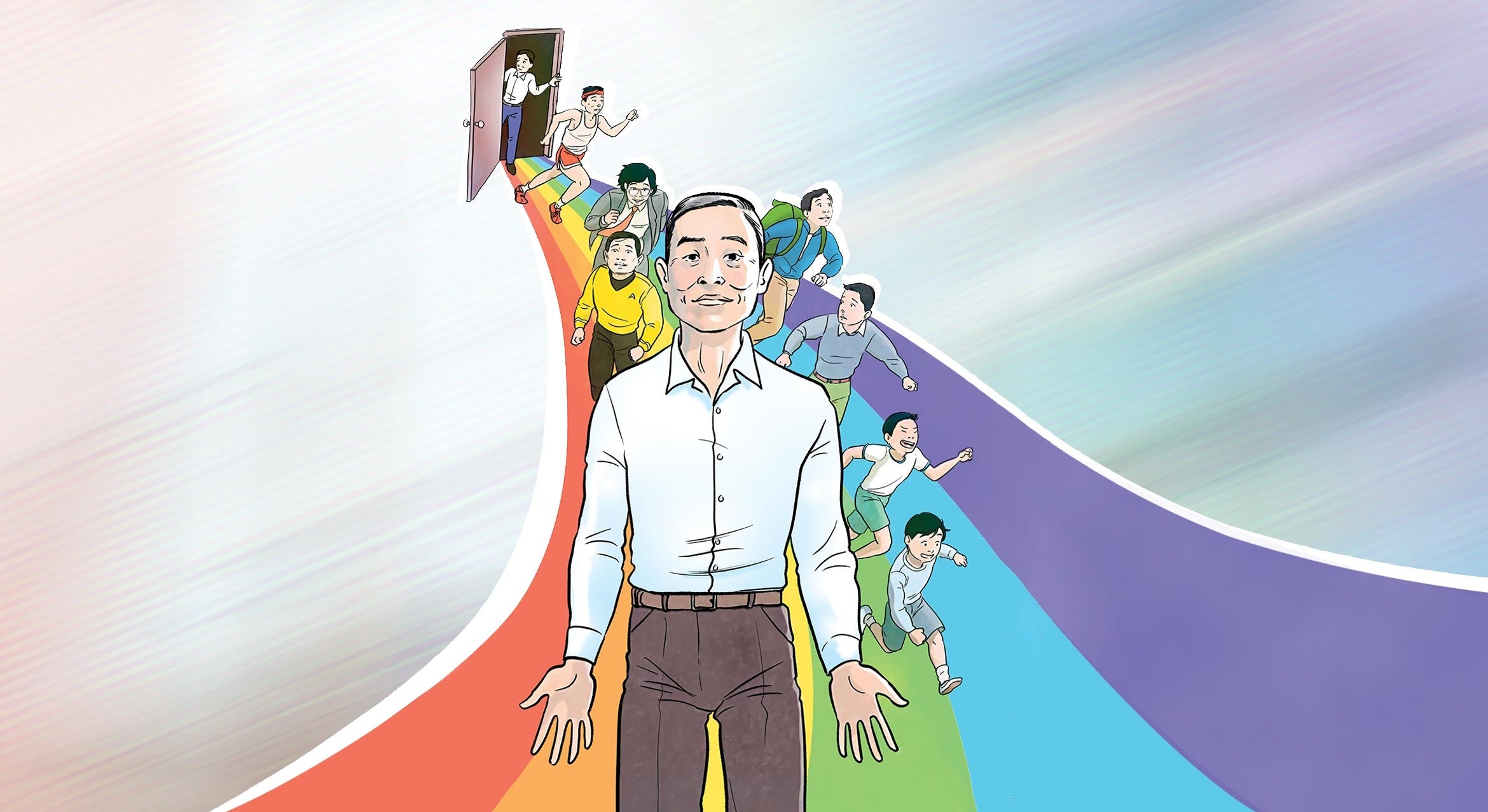
The Doctor Is On

If you’re feeling stressed and overwhelmed during this time of COVID-19 and stay-at-home orders, you have plenty of company. Robin Nabi, a professor of communication at UC Santa Barbara, just might have a way to help — and you don’t even have to leave the couch.
In a paper in the Journal of Communication, Nabi details the results of an experiment that suggests “prescribing” viewing of entertainment media can alleviate stress, promote calmness and improve goal attainment.
“People have different reactions, naturally, to stressful situations,” Nabi said of coping strategies during the pandemic. “Some people will read more news and try to get a lot of information, and some people just want to escape and be distracted from it all.”
In “Media Prescriptions: Exploring the Therapeutic Effects of Entertainment Media on Stress Relief, Illness Symptoms, and Goal Attainment,” Nabi and her co-author, the late Abby Prestin, explore the question, “Can media be prescribed to help mitigate the negative effects of stress on well-being?”
To find out, they assessed the psychological states, coping strategies, physical and psychological well-being, and goals of 295 students. The majority scored high on stress levels, and about average for depression and anxiety.
Then, every day for five days, they were emailed a link to a secure website with a different daily YouTube video specific to their assigned condition. The videos included comedy, intended to evoke amusement; underdog stories, designed to elicit hope; and clips of nature, which were intended to induce calmness. After each clip, subjects completed assessments of their emotional state, stress level and motivation to pursue their goals. Assessments of stress, illness symptoms and goal achievement were made a few days after and 10 days after the week of video watching.
All groups, Nabi said, reported reduced stress and fewer illness symptoms a few days after watching the videos. Additionally, the underdog videos boosted motivation and goal attainment after 10 days.
“When you’re stressed out, what can bring your stress level down?” Nabi said. “From our research, watching positive videos for just a few minutes a day, either those that are hope inspiring, amusing or calming, seems to increase positive emotions immediately, and decrease stress and physical illness symptoms up to a few days later.”
Humor was particularly effective in reducing stress, Nabi said. Funny videos lowered students’ stress up to 10 days after the study ended, while the control group, which didn’t watch any videos, saw their stress levels climb.
The inspirational videos, which showed underdogs overcoming obstacles, she said, not only helped with stress, but they also helped subjects to be more motivated to pursue their goals, and were more likely to say they’d made progress on their goals at the conclusion of the study.
“The evidence suggested that all three types of videos were useful in the short run,” Nabi said. “The question is, what happens in the long run? If I had to pick one to help me reduce my stress specifically, especially in the era we’re in right now, probably the humor based on the results that we have.
“Watching five minutes of humor is not going to hurt you,” she added. “It may help you. And if nothing else, if it puts a smile on your face, even in just that moment, and you have a few better moments that day than you would have otherwise, then that’s a win.”



